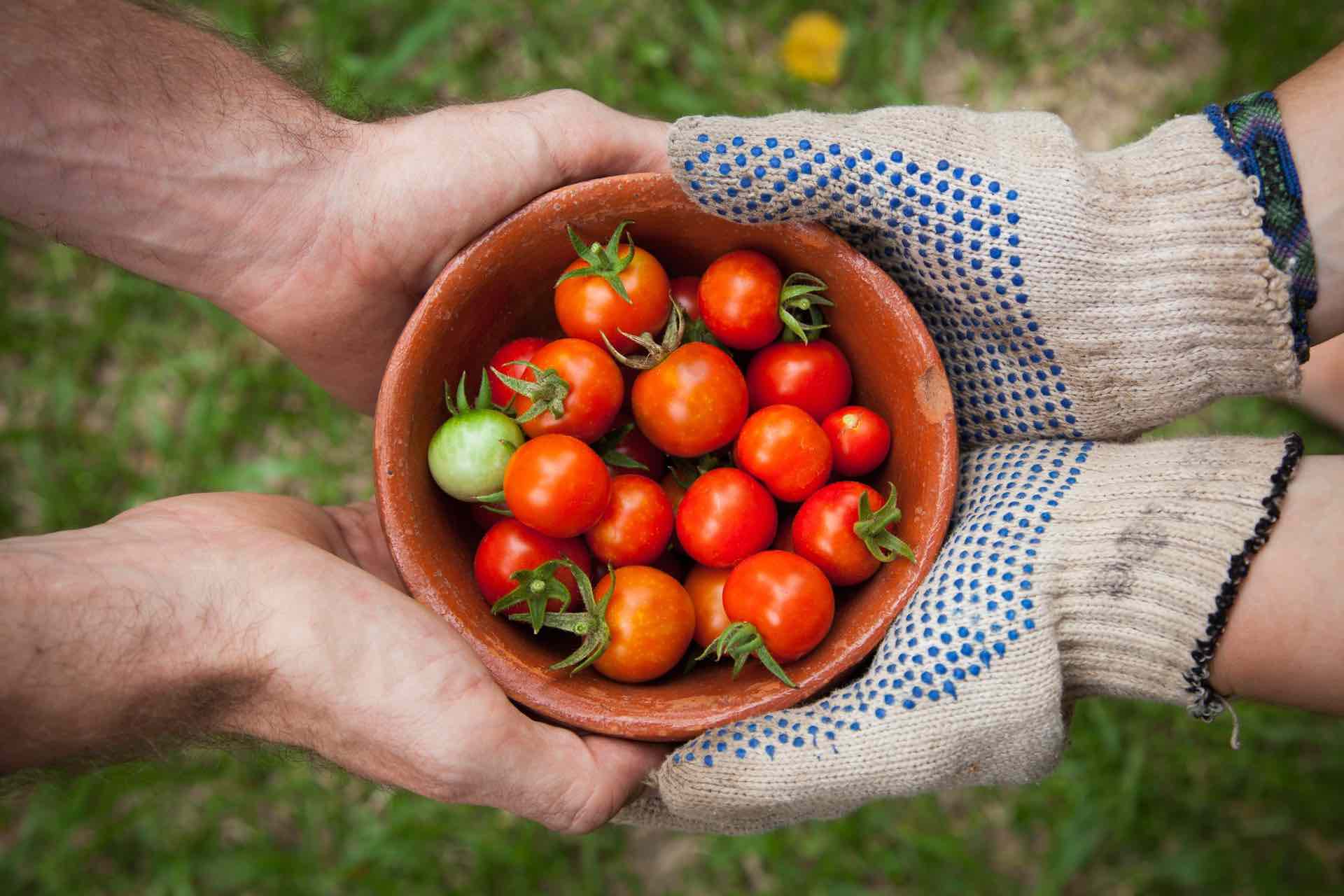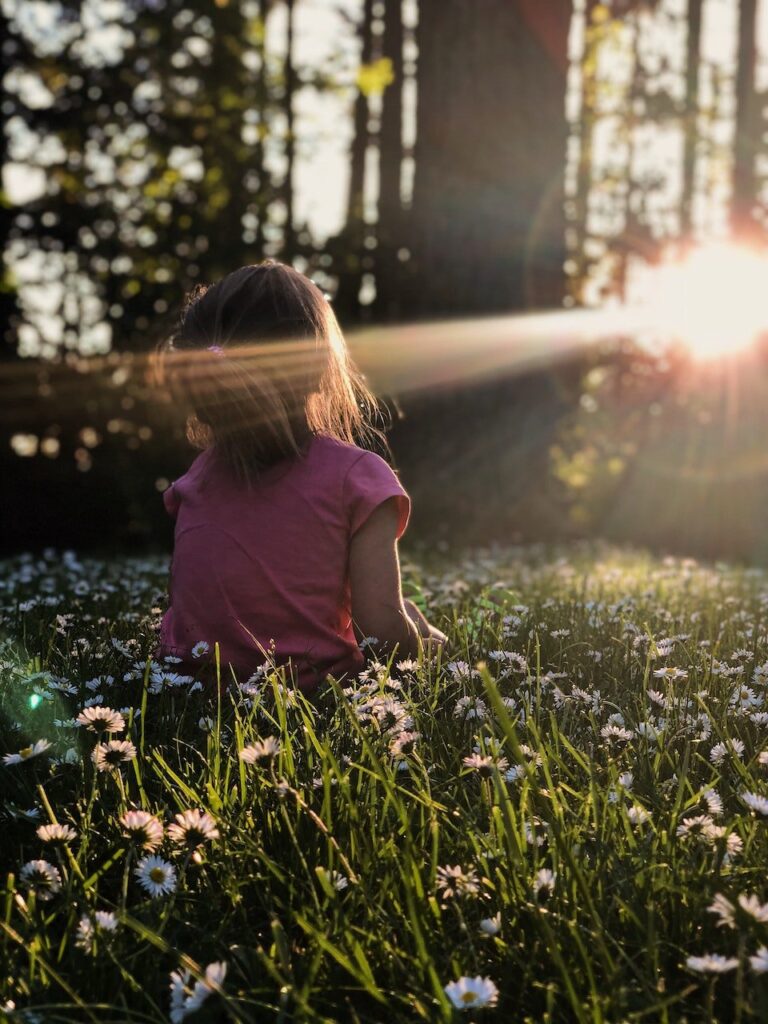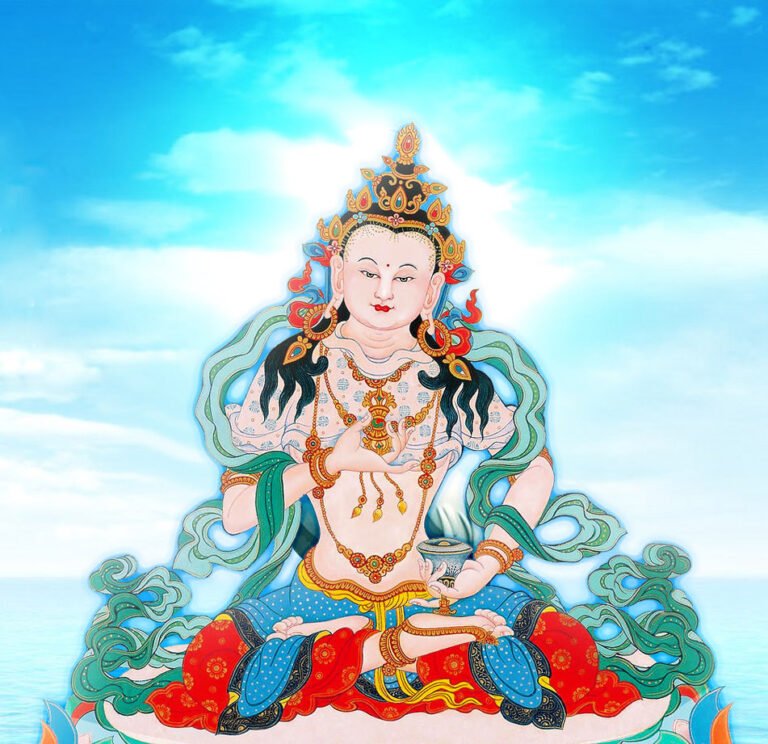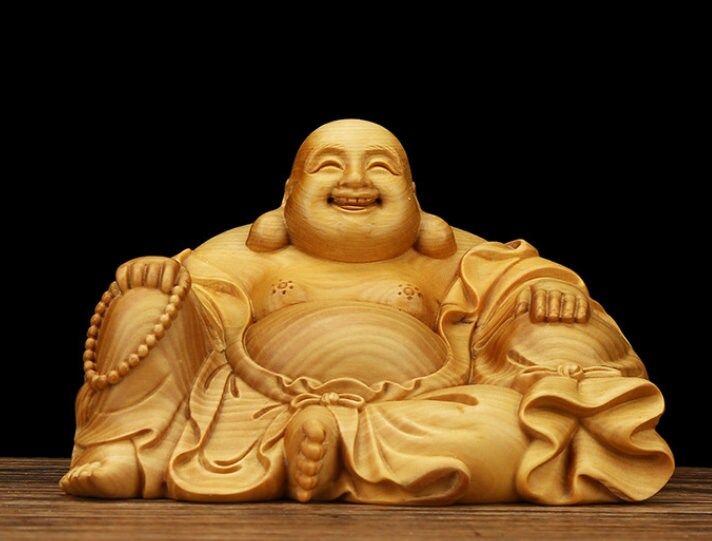Master Lin Zhi presented this topic after a cultivation practice last month. I thought it applicable to everything that is going on in the world (current events). I’ll be honest, it has been a difficult couple of years, because as a child of the 1990s, there was very little I was exposed to in Canada. We were known as a peaceful country, as well as a peace-keeping country, which fits with Buddhist values. However, with conflict throughout the world, and the human cruelties that occur, and the technology that allows us to see it firsthand, sometimes I wonder why it all occurs in the first place. But of course, we know that we are in the human realm (due to karmic consequences, good and bad), and that the first Noble truth is that “life is suffering”. That’s too simplified.
Rather, Master noted that Grand Master Lu said that selfishness arises from “I” (or the self – 我). Shakyamuni Buddha emphasized the importance of Selflessness. With selfishness, countries have conflicts, and people fight each other with the feelings of entitlement: “what’s mine is mine and what’s yours is mine”, “I help myself and I won’t help you”. The consequences of selfishness are vast, hearts are lost, and selfishness is truly the root of all evil. This is seen in the current events of the day, in which those who are not aware of or empathetic towards others start conflict due to that entitlement. With selfishness, one is unable to interact well with others, and they become stressed and unable to cope with any social situation. This means they are unable to care for others and unable to stay with others. With selfishness, the ego exists.
So how do we rid ourselves of this selfishness? By getting rid of the self (我) – leading to “no-self” (無我) or selflessness. No-self can also be considered as “no ego”.
Only with selflessness are we able to attain emptiness, the equivalent of purification. Purity is not acquired through cultivation, but rather, according to the Tao, we are all born pure (i.e. born with our true self) and therefore we already possess purity. Only with experience do we accumulate impurities that cover our true selves. Cultivation is a way to uncover our true self by ridding ourselves of these impurities (usually through Buddhist or Taoist repentance practices).
Buddhism itself is a religion of no dispute. Buddhists choose peace, and Buddhists choose compassion and selflessness. However, we are also all people with experiences and impurities, and we must ask ourselves, are we selfish? How do we determine that we are not selfish? Are all our actions on the bodhicitta path? Are we cultivating the path of the Bodhisattva by helping others?
In Mahayana Buddhism, the main goal is to cultivate the mind away from impermanent phenomenon (the physical realms) to inspire ourselves to become our true self (pure self-nature).In Vajrayana tradition, lineage master Tsongkapa stated that to achieve enlightenment, one is required to practice emptiness and selflessness before practicing the bodhicitta mind. This helps us to think with compassion and loving kindness for others before acting and will not give rise to ego with attachment. In this way, it will help us to improve the cultivation of Bodhisattva’s path of the six paramitas.
One thing I did notice is that when I was cultivating consistently, I became more compassionate towards others, and was less selfish. However, when I stopped cultivating consistently, I found myself tending towards being selfish again. And of course, that selfishness means that I feel more entitled to things. One of the outcomes of consistent cultivation is that selflessness (or “no-self” or 無我). When you are inconsistently selfish and selfless, we need to practice the Six Paramitas of the Bodhisattva without trying to achieve personal merit. When you become consistently selfless, it allows for cooperation with others to allow human civilization to progress and improve. By practicing the six paramitas, all of one’s actions serve to benefit all beings and thus one will cease all behaviors and thoughts for one’s self.
By Yvonne Wong, Ph.D.
References
Master Lin Zhi. (20th, February, 2022). “Selflessness無我 ”. Dharma talk at Chin Yin Temple weekly group cultivation practice.





